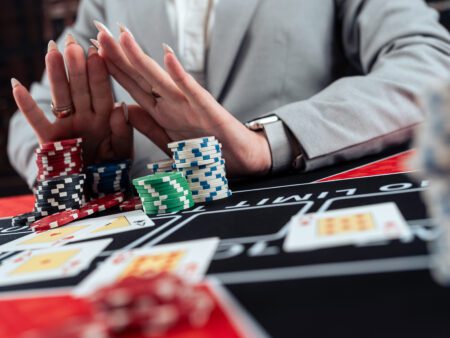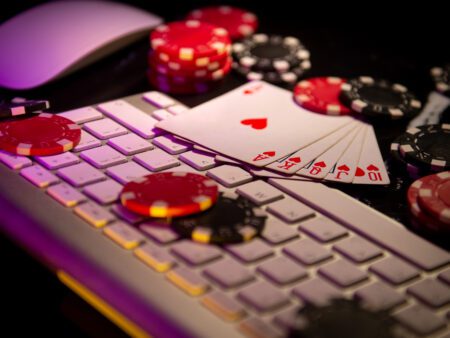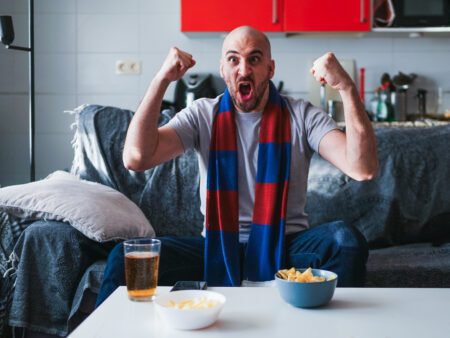Explore the psychology of problem gambling and addiction. Understanding the signs and factors that contribute to the metamorphosis from leisurely pastime to chronic addiction.
Are You at Risk? Understanding Problem Gambling and Addiction
There’s this guy, we’ll call him Steve. A regular family guy, well-liked by his friends, always ready with a joke or an uplifting word. But Steve pushed past the screen door to a world of ‘innocent’ online gaming. One flash win turned into constant betting, whilst the dark tales of losing loomed around Steve’s psyche. Startled? Countless Steves might be sitting next to you, hiding their world of online gambling.
Do you ever wonder, ‘Could I be the next Steve?’ An exploratory question, but vital to understanding the psychological depth of online gambling.
Did you know that about 2 million people in the US are estimated to meet the criteria for gambling disorder, merging the thin line between pastime and addiction? A shocking fact, if ever there was one. Welcome, dear readers, to the serious side of online gambling. Within this article, we’ll delve into the mind labyrinth of addictive gambling, and attempt to throw light on the dark corners often ignored.
In this era, where online gambling health is a trending debate, the sina qua non of recognizing addictive behavior comes to the fore. ‘Just one more spin, one more hand, one more race,’ whispers the player to himself, as time slips through the fingers like sand. ‘Luck’s turning around’, ‘The next game’s the win’ — the internal dialogue builds a scenario far removed from reality.
The question ‘Why does someone like Steve fall into the deep end?’ echoes in the hallowed halls of psychology. Gambling addiction, as insidious as the mythical siren’s song, tugs on our inherent pleasure-response. The anticipation, the thrill, the ‘high’ of a win, or even the near-miss, releases dopamine, a neurotransmitter associated with pleasure and reward, cementing the impulsive behavior.
What starts as a harmless pass-time can quickly grow gigantic tentacles, entrapping even the most iron-willed amongst us. A herculean task, disentangling from this colossal Kraken, grappling underlying mental health issues, pushing the persona into despair. Self-confidence shatters, reality blurs, and the lines waver.
Steve, like many others, may wonder – ‘Can’t I just, you know, quit?’ A rational question, but an overlook of the immense power of psychological conditioning that fuels problem gambling. The scary part? Habitual players can develop a tolerance, thus needing higher stakes to achieve the same ‘high’. The cycle, then, as relentless as the crashing tide, gobbles up their mental peace. We’ll visit viable solutions in our next segment, a lifesaver to those surfers struggling amidst the choppy addiction waves.
So, how does one break free? Here’s the good news: psychological tools and self-help strategies can act as that very lifesaver. First off, acknowledging the issue requires tremendous courage and forms the cornerstone of recovery. Seeking professional help is a stride in the right direction, with cognitive behavioral therapies showing promise against problem gambling.
Are you gambling away your mind?
Then, there’s the strategy of self-exclusion; taking a step back voluntarily from all gambling activities to apply the brakes on the whirlwind. Simultaneously, establishing healthier hobbies, maintaining a support system, and setting financial limits can help regain lost ground.
Nevertheless, it’s essential to bear in mind that problem gambling is not a sign of weakness but a psychological condition treatable like any other. And like a phoenix rising, you can revive your life from these demanding flames.
Are you game to take back control? The ball is in your court, dear readers. Remember, the house doesn’t always have to win. Not if you write the rules. It’s your game after all.










